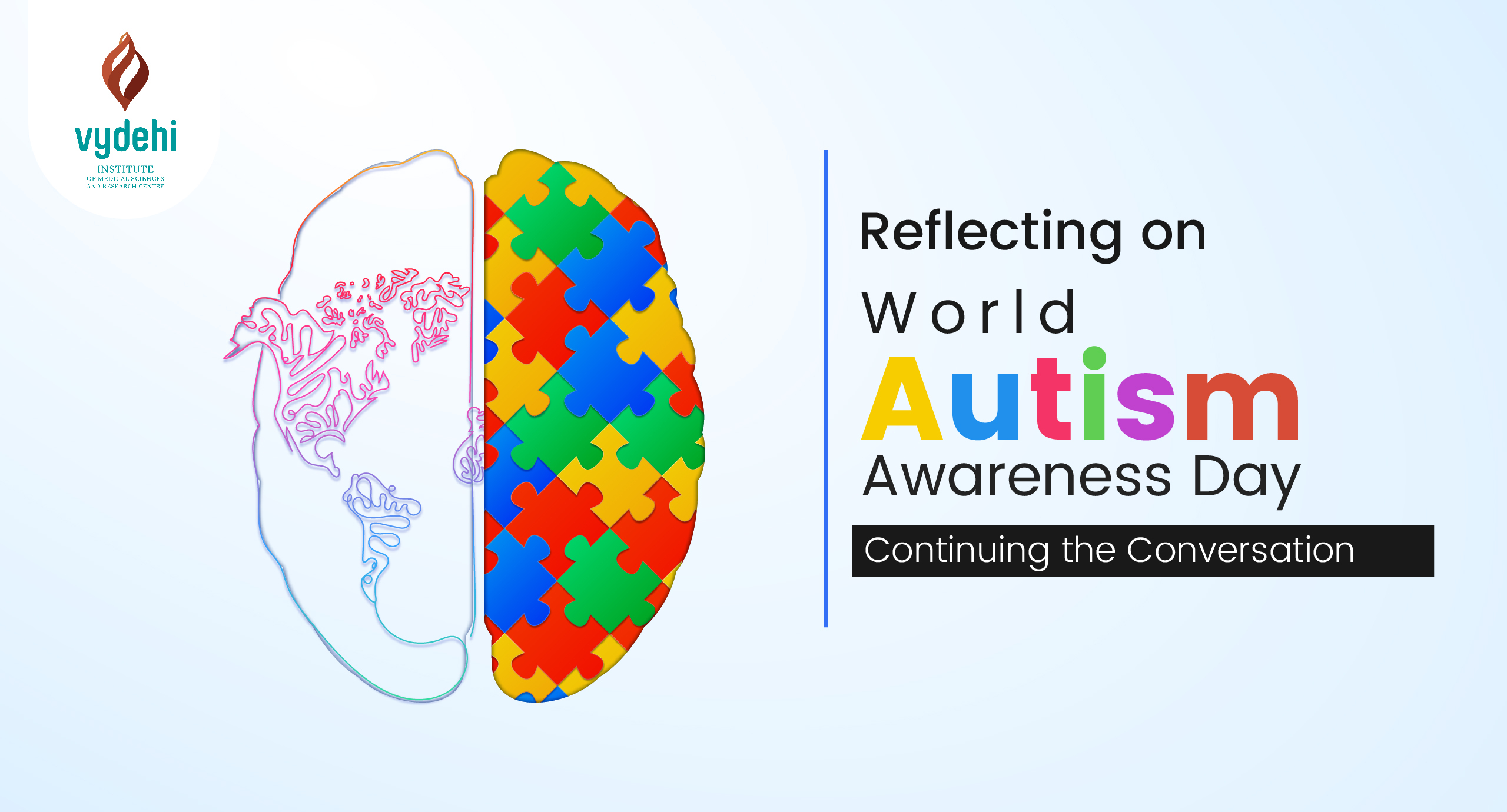

World Autism Awareness Day, observed globally on April 2nd, is a moment to raise awareness, encourage early diagnosis, and foster inclusion for individuals living with Autism Spectrum Disorder (ASD). While the day has passed, the need for continued dialogue, understanding, and support remains just as important, especially in the Indian context where awareness is still growing.
Autism, or Autism Spectrum Disorder, is a neurodevelopmental condition that affects communication, social interaction, and behaviour. It is called a “spectrum” because individuals may experience a wide range of symptoms and levels of support needs.
In India, many families still struggle with delayed diagnosis or misinterpretation of symptoms, especially in early childhood. Increased awareness can change that.
Early identification can lead to timely intervention. Here are five early signs of autism in children:
Autism is not limited to childhood. Many Indian adults remain undiagnosed and may struggle with social situations, rigid routines, or sensory sensitivities without realising it’s part of the spectrum.
If you or someone you know shows signs of autism in adulthood, consider consulting a mental health professional for an autism test or screening.
While the term “Autistic Spectrum Disorder” covers a broad range of symptoms, some of the well-known types include:
Each type has its unique characteristics. Here’s a helpful guide on the types of autism.
There is no single known cause for autism. Research points to a combination of genetic and environmental factors. In India, prenatal care, exposure to infections during pregnancy, and family history may contribute to the risk. However, vaccines do not cause autism—this is a common myth.
Studies show that autism involves differences in brain connectivity, especially in areas responsible for emotion, communication, and sensory processing. These neurological variations may explain behaviours such as heightened sensitivity or repetitive actions.
A helpful resource to explore this further: Autism and Brain Function Explained
Children with autism may face challenges in:
In India, where inclusive education is still a work in progress, these challenges can be intensified without proper awareness and support.
There is no one-size-fits-all cure for autism, but early and individualised intervention is key. At Vydehi, we recommend a combination of:
We also collaborate with schools and educational counsellors for integrated care plans.
Learn more: Autism in Women – The Difference
Even though World Autism Awareness Day has passed, the conversation must continue. As a parent, teacher, healthcare professional or citizen, you can:
At Vydehi Institute of Medical Sciences and Research Centre, our multidisciplinary team works closely with families to support individuals with autism—from diagnosis to therapy and long-term care.
We invite you to be part of a more inclusive and informed India.
If you’re concerned about symptoms or wish to speak with a professional, reach out to our Department of Psychiatry and Behavioural Sciences or visit our Child Development Centre.

 Emergency Number
Emergency Number